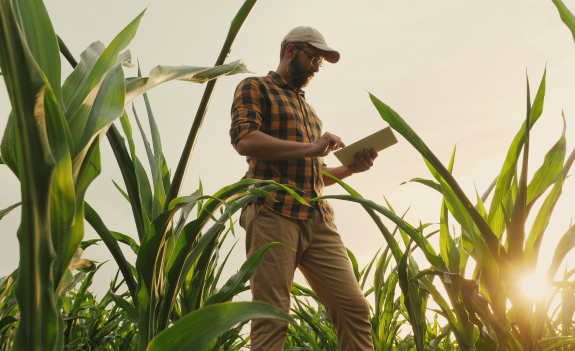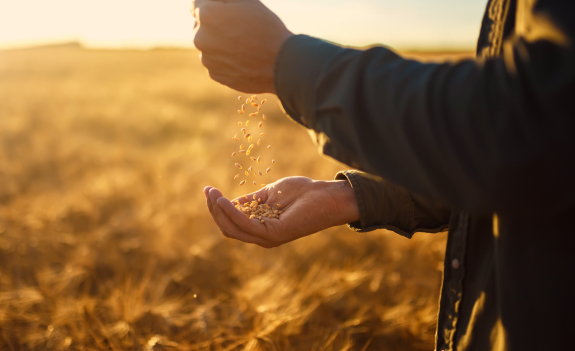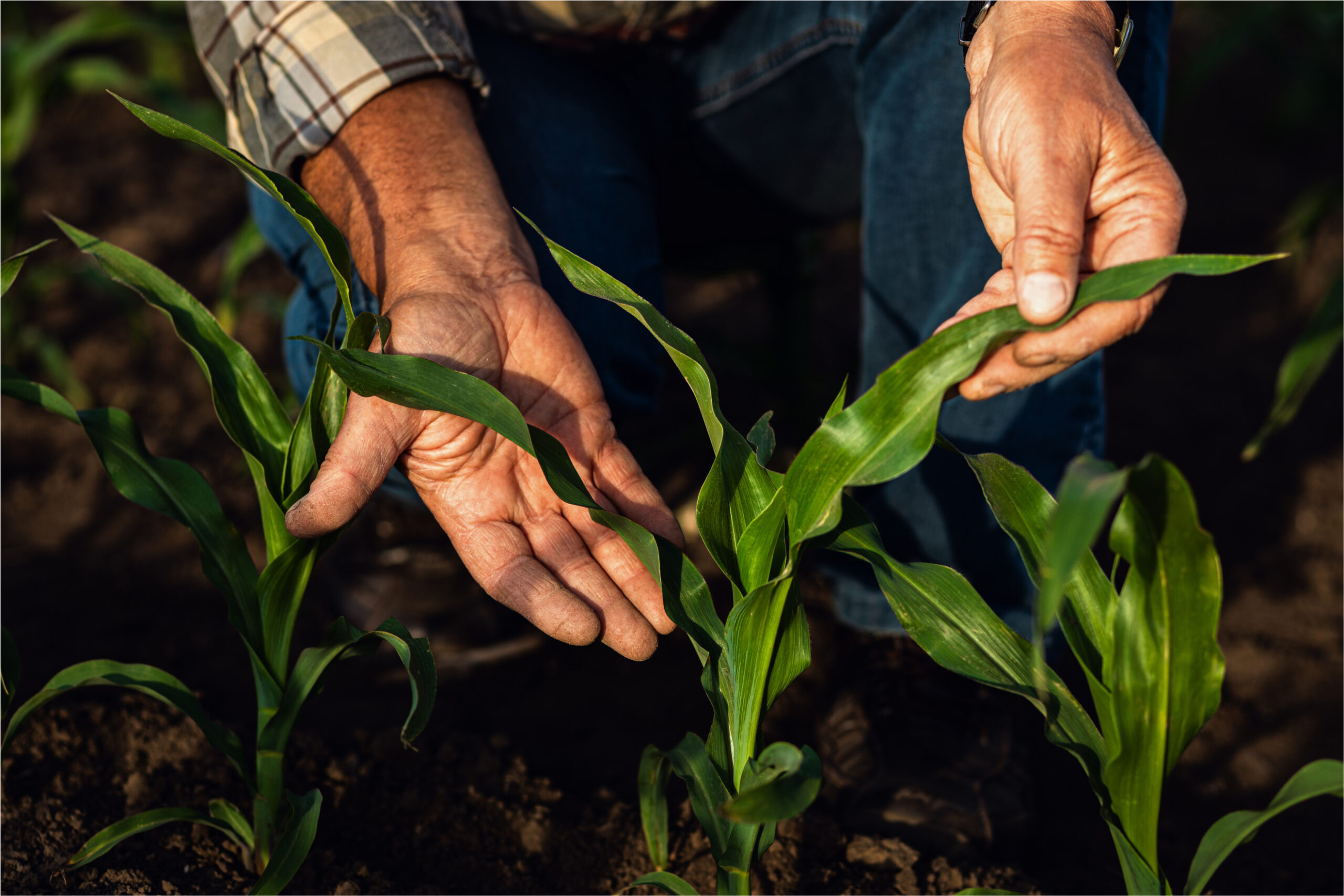WHEN WEEDS WIN, WE ALL LOSE

Today's farmers use modern agricultural practices to grow their crops and ensure Americans have enough to eat.
Modern agriculture harnesses precision technology, innovative practices, and scientific research to boost efficiency, productivity, and sustainability in farming and food production. Facing increasingly demanding conditions, modern agricultural practices are the only way to effectively secure our food supply.
It aims to meet our growing food demands while conserving resources and keeping farmers competitive in a dynamic and global marketplace.

As the most widely used herbicide in the U.S., glyphosate is the backbone of modern farming: a cost-effective tool that can be used safely as directed which keeps yields high, food prices affordable, and allows farmers to implement important conservation practices.
For over 50 years, U.S. farmers have depended on glyphosate to safely and effectively grow our food.

Glyphosate has been deemed safe to use as directed by U.S. and global health regulators for over 50 years. It’s one of the most extensively researched herbicides in the world, which is why so many growers and others continue to rely on glyphosate to help them safely, successfully, and sustainably control problematic weeds. Learn More About Glyphosate’s Safety.
However, over the last several years, a lack of legislative certainty has prompted conflicting state and federal labeling requirements and allowed the litigation industry to make a fortune targeting manufacturers of glyphosate-based pesticides with scientifically unsound lawsuits.
If we don't act, the future of glyphosate and other valuable crop protection tools and critical innovations may be at stake.
farmers
farmers
farmers
lost
annually
at risk
hunger
crisis

inflation
for nutritious
foods
lost
annually
every $1

costs
yield compensation
(800 million acres)
CO2-equivalent
emissions
in water
use
Regulatory Timeline
Glyphosate is introduced and quickly becomes the most widely used herbicide in the U.S. and globally.
The strict U.S. regulatory process—requiring review by multiple agencies and hundreds of scientific experts—ensures that pesticides meet high health and environmental safety standards and are safe for use according to label specifications. Today, this process takes an average of 12+ years from concept to field.
From 1974 to 2015, leading health regulators around the world repeatedly confirm glyphosate’s safety through regular comprehensive assessments.
The International Agency for Research on Cancer (IARC), a subagency of the WHO, classifies glyphosate as a “probable carcinogen” without conducting any original research. This classification contradicts findings from global regulatory authorities, including other WHO entities.
IARC's classification puts glyphosate alongside other everyday substances like red meat and hot beverages and in the same class as working the night shift or as a hairdresser.
Leveraging IARC’s opinion, U.S. trial lawyers launch advertising campaigns to recruit plaintiffs for lawsuits against the sole domestic manufacturer of glyphosate.
Leading health regulators worldwide reaffirm glyphosate’s safety and non-carcinogenic status with new risk assessments. The EPA also explicitly rejects IARC’s conclusion based on a more extensive dataset.
IARC's classification of glyphosate as a "probable carcinogen" is criticized for data deletion, manipulation, and potential conflicts of interest, casting doubt on the integrity of their findings.
California lists glyphosate under Prop 65 based solely on IARC’s 2015 opinion, contradicting global regulatory consensus.
U.S. ag groups led by the National Association of Wheat Growers challenge the constitutionality of the proposed Prop 65 warning requirement.
The U.S. Court of Appeals for the Ninth Circuit rules California’s Proposition 65 warning for glyphosate unconstitutional, citing global regulatory consensus that glyphosate is not carcinogenic.
The EU Commission reapproves glyphosate for 10 years, following scientific assessments by the European Chemicals Agency (ECHA) and European Food Safety Authority (EFSA), which found no critical concerns for public health or the environment.
Glyphosate remains the most widely used and studied herbicide, playing a vital role in modern agriculture by helping farmers control weeds, increase crop yields, and adopt conservation practices like no-till farming. Without it, farmers would face skyrocketing input costs—up to 150% higher—leading to increased food prices and greater food insecurity.